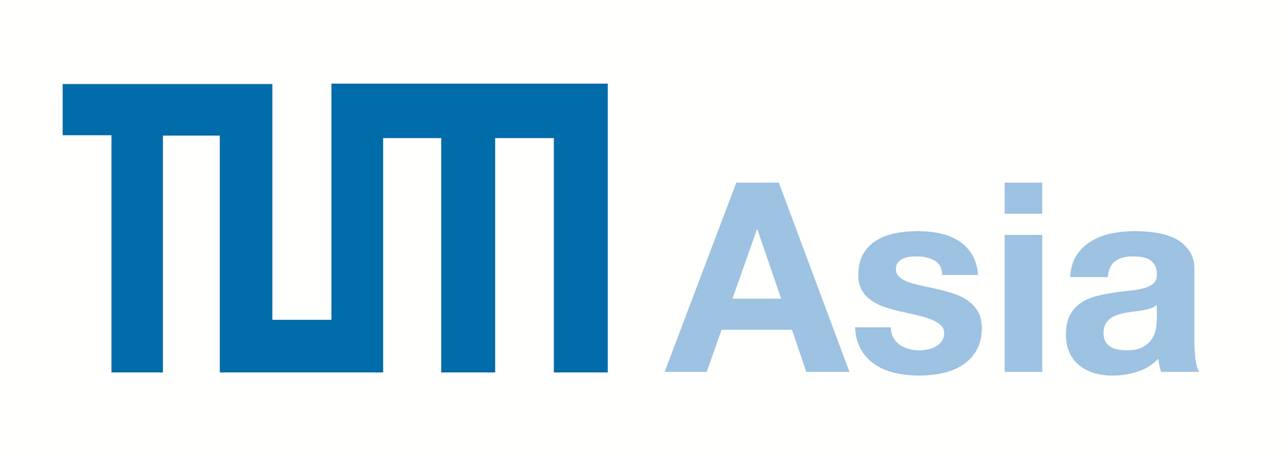Why I Studied Transportation in Singapore


In this special interview series, we hear from some of our current students on their study experiences now that they have completed the majority of their programme.
Q: Hello Ruixin, could you briefly introduce yourself to our readers?
Ruixin: Hello! I started studying in the Master of Science in Transport & Logistics programme in 2017. Having completed my Bachelor’s degree in Transportation Engineering in China in the same year, I decided to pursue a Masters degree in Singapore immediately after my graduation.
Q: Coming from China, what are your thoughts on studying a Master’s degree after graduating?
Ruixin: One important factor, is that a lot of students choose to study a Master’s degree, especially back in China where I come from. In order to secure a better job opportunity, often times, it requires higher academic qualifications. Therefore, in my personal opinion, I felt that I would stand a better competitive chance with a Masters degree from a different country.
Q: Home is a distance away from Singapore. Making the decision to study miles away from home at TUM Asia, was it a difficult decision?
Ruixin: When I first came across the Transport & Logistics programme, some of the modules that were offered caught my attention, such as Traffic simulation, Urban road design, Basic of traffic control etc. Furthermore, although TUM is a German University, the programmes facilitated by TUM Asia in Singapore are taught in English, which is convenient for students who do not understand the German language, but wish to study in the programme.
Apart from taking 2 semesters worth of courses in Singapore, students could take the opportunity to take an additional semester, allowing them to experience the campus life in TUM while looking for internship opportunities in Germany.
Q: You are now coming towards the end of the second semester in Singapore. How has Singapore been for you?
Ruixin: That is a difficult question to answer! I must say that Singapore is a very beautiful and attractive city. Because of the tropical and sunny weather, you will be able to experience lots of sunshine and it will not be challenging to find various types of greenery all over the country. Initially, it was hard for me to adapt to the humid weather and the language spoken by the people. Although I am able to communicate in Mandarin Chinese and English, but coming from a different country, one might have differing accents and differences in the way the language is used. However, after a few months, things got better. Overall, I learnt that communication problems can be solved with more practice and determination to make an effort.
Q: Tell us more about how you secured your internship experience in Singapore.
Ruixin: Actually it is a bit more of a part-time job that I am doing with TUMCREATE. They are currently focusing on research in traffic and transportation. The department leader of the group I belong to is Dr. Andreas Rau who is also a key faculty member in the Transport & Logistics programme that I am studying. One day while we were having class, he mentioned that he needed a student assistant researcher in his group. As I was interested in what his research group was doing, I wrote an email and participated in the interview. Thankfully, I was offered the opportunity!
Q: What is something that you think that your internship has given you?
Ruixin: Almost half of the staff at TUMCREATE are German, whereas the other staff come from different parts of the world, such as myself. Thus, working in this International environment gave me the chance to immerse myself in the diverse culture. It was an extremely great work experience for me.
Q: Any advice for your juniors?
Ruixin: TUM Asia is a good platform that exposes you to see the world in a close setting and lets you see what is out there in the world. While studying in Singapore, you can not only absorb knowledge but have many opportunities to meet new people. You can make friends from various cultures and backgrounds not only at school, but also throughout multicultural Singapore.
For international students, I think that language is the key factor in living aboard. However, it will not be that difficult if you keep practicing. I wish you the best of luck!
–
Ruixin is from the TUM Master of Science in Transport & Logistics programme. More information about the programme here >>





















